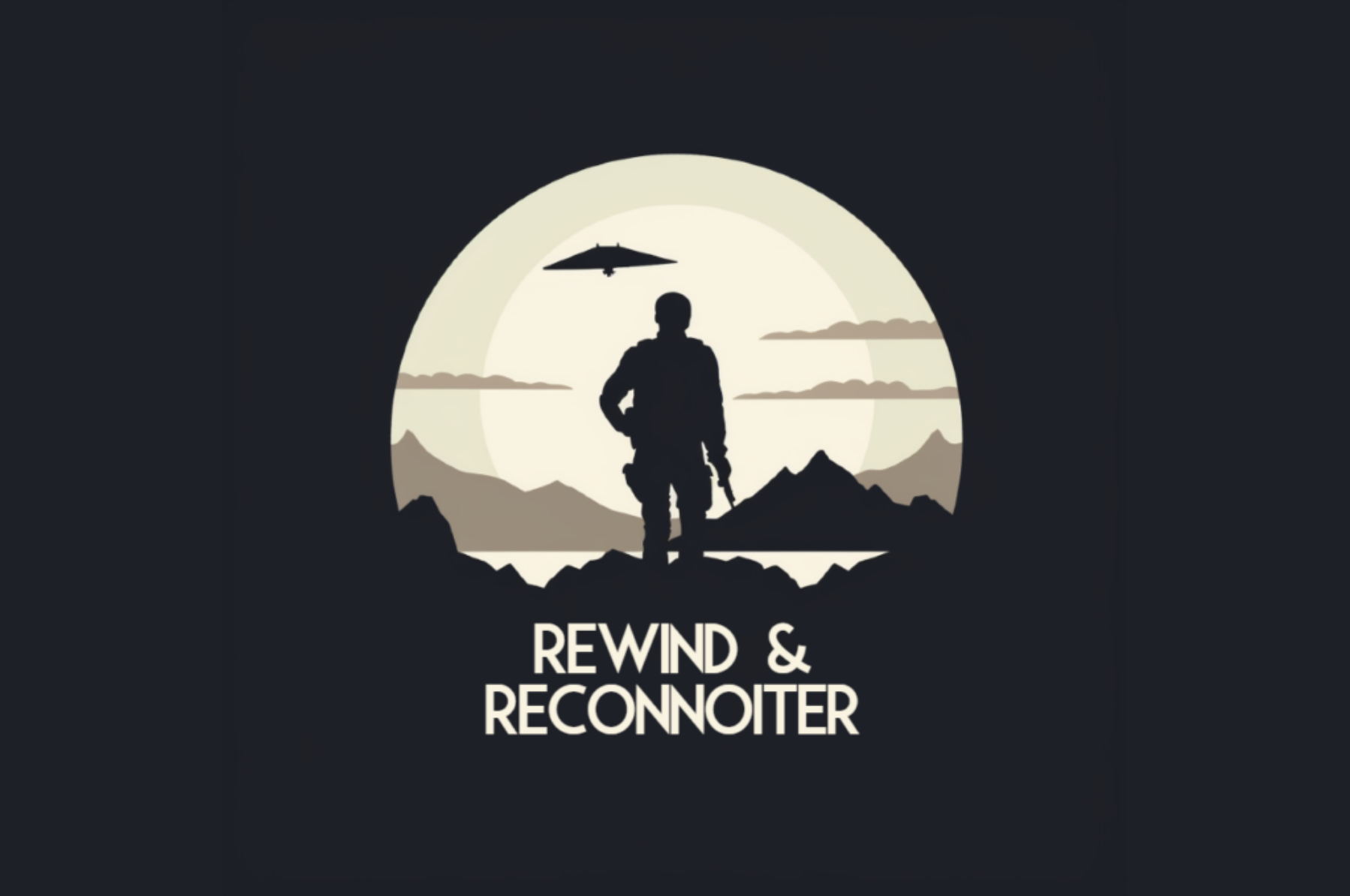‘Oldest board game in the WORLD’ dubbed ‘Hounds & Jackals’ is found… and it’s eerily similar to popular modern favourite
AN ANCIENT board game believed to be the oldest in the world has striking similarities to a popular modern favourite. Dubbed Hounds & Jackals, this millennia-old pastime has long been believed to have originated in Egypt. AlamyThe game of Hounds & Jackals is very similar to a modern favourite[/caption] AlamyPlayers are given pieces resembling modern-day dogs and foxes[/caption] W. Crist et al., 2024A 58 holes board found by archaeologists in Azerbaijan[/caption] About 60 examples of the game have been discovered in Egypt, Mesopotamia, Israel, Syria, Iran, and Azerbaijan, and it has been known to modern academics since 1890. Hounds & Jackals shares several core similarities to the modern Indian game 58 Holes, as both are part of the broader family of race games. In both games, the primary objective is to move a set number of pieces (pegs) from a starting point to the goal by following a path of holes. The first player to successfully move all of their

AN ANCIENT board game believed to be the oldest in the world has striking similarities to a popular modern favourite.
Dubbed Hounds & Jackals, this millennia-old pastime has long been believed to have originated in Egypt.



About 60 examples of the game have been discovered in Egypt, Mesopotamia, Israel, Syria, Iran, and Azerbaijan, and it has been known to modern academics since 1890.
Hounds & Jackals shares several core similarities to the modern Indian game 58 Holes, as both are part of the broader family of race games.
In both games, the primary objective is to move a set number of pieces (pegs) from a starting point to the goal by following a path of holes.
The first player to successfully move all of their pieces to the finish wins, making both games focused on a race to the end.
The number of holes and the movement of pieces in both games are also very similar.
Hounds & Jackals typically has 29 holes per player, amounting to 58 holes in total, which mirrors the explicit number of holes in the modern 58 Holes game.
Players in both games navigate their pieces through these spaces, advancing toward the goal as they move along the board.
In Hounds & Jackals, players use dice, knucklebones, or another randomizing tool to determine how far they move their pieces.
Meanwhile in 58 Holes, players also roll cowrie shells or dice to decide how many spaces their piece advances.

The games combine luck with strategy, as players must adapt their movements based on the random outcomes.
Both games feature special spaces that affect gameplay.
In Hounds & Jackals, certain holes on the board are marked as special, offering bonuses or protection from capture.
Likewise, in 58 Holes, there are safe zones where pieces cannot be captured by the opponent, adding a strategic layer to each move.
Both also allow for the possibility of capturing an opponent’s piece.
It comes as a version of Hounds & Jackals discovered in present-day Azerbaijan could indicate that the game originated in Asia instead of ancient Egypt.
The earliest version of the game ever found dates to the period between 2064 and 19552 BCE, during the reign of Mentuhotep II.
But archaeologist Walter Crist found a gaming board near Gobustan, Azerbaijan, in 2018, that could date back to even earlier.
He studied numerous rock shelters, the best of which was at the Çapmalı rock shelter at the Western shore of the Caspian Sea, engraved with dot patterns that closely mirrored game boards found in southwestern Asia and Egypt.
Crist and Rahman Abdullayev, his co-author, came to the conclusion that the carving was connected to the Middle Age Bronze layer present at the location.
This suggests that the game was played long before it was discovered in Egypt, the pair wrote in their study published by Cambridge University Press.
Sites in Ağdaşdüzü, Yeni Türkan, and Dübęndi have yielded six more discoveries of Hounds and Jackals game boards.
The game appears to have been a frequent diversion for shepherds who took refuge in the area during the winter, based on pottery shards found at the sites.
The authors said that it can be challenging to determine accurate dates during this time.
They wrote: “Clearly, further early evidence for the game from precisely dated contexts is required to credit a specific culture for inventing the game.”
Crist and Abdullayev went on to say that regardless of where the game originated, “it was quickly adopted by a wide variety of people….
“The fast spread of this game attests to the ability of games to act as social lubricants, facilitating interactions across social boundaries.”
What are the rules of Hounds & Jackals?
HOUNDS & Jackals is an ancient board game believed to have originated in Egypt.
It is a race game where two players compete to move their pieces (pegs) from a starting point to a goal.
Historians and archaeologists have reconstructed possible basic rules based on similar ancient games and the design of the board.
The goal of Hounds & Jackals is for each player to move their five pegs from the start to the finish (marked by holes) on their side of the board, avoiding obstacles and using strategy to outmanoeuvre the opponent.
Believed to be a two-player game, each has five pieces (pegs), which are often shaped like hounds (dogs) and jackals (foxes).
The players each control a set of pieces of one shape (e.g., one player controls all hounds, the other all jackals).
Players take turns rolling dice, sticks, or another ancient form of random number generation (like throwing knucklebones).
Each turn, a player moves one of their pieces forward along the track by the number indicated by the roll.
Certain holes on the board may be marked with symbols (such as palm trees or circles) that act as safe zones, giving the player a bonus, or causing some kind of setback, like forcing the piece back or skipping a turn.
A player’s piece landing in a special hole might also allow another bonus move or protection from being captured.
The first player to get all their pieces from the starting hole to the goal wins the game.















